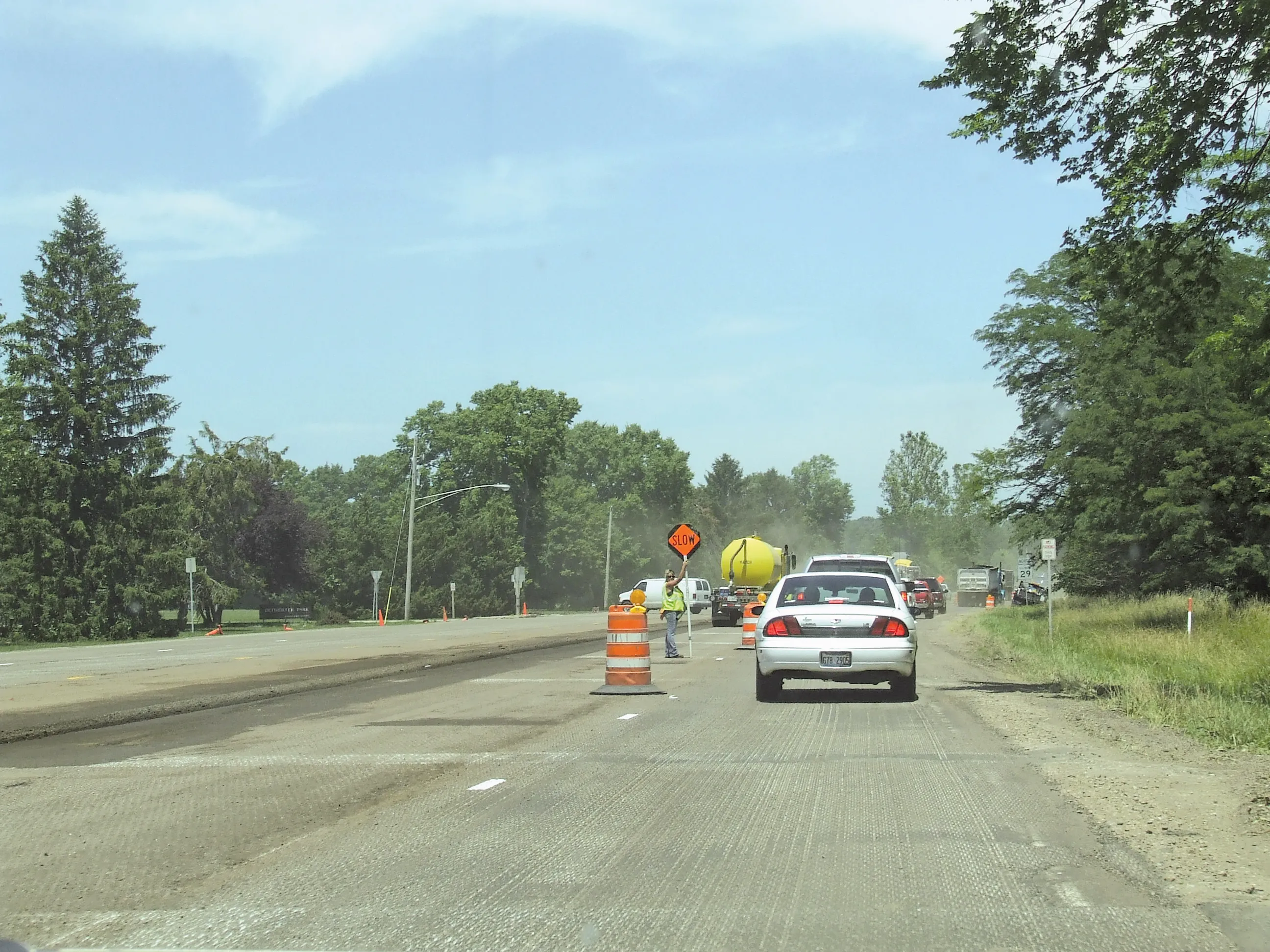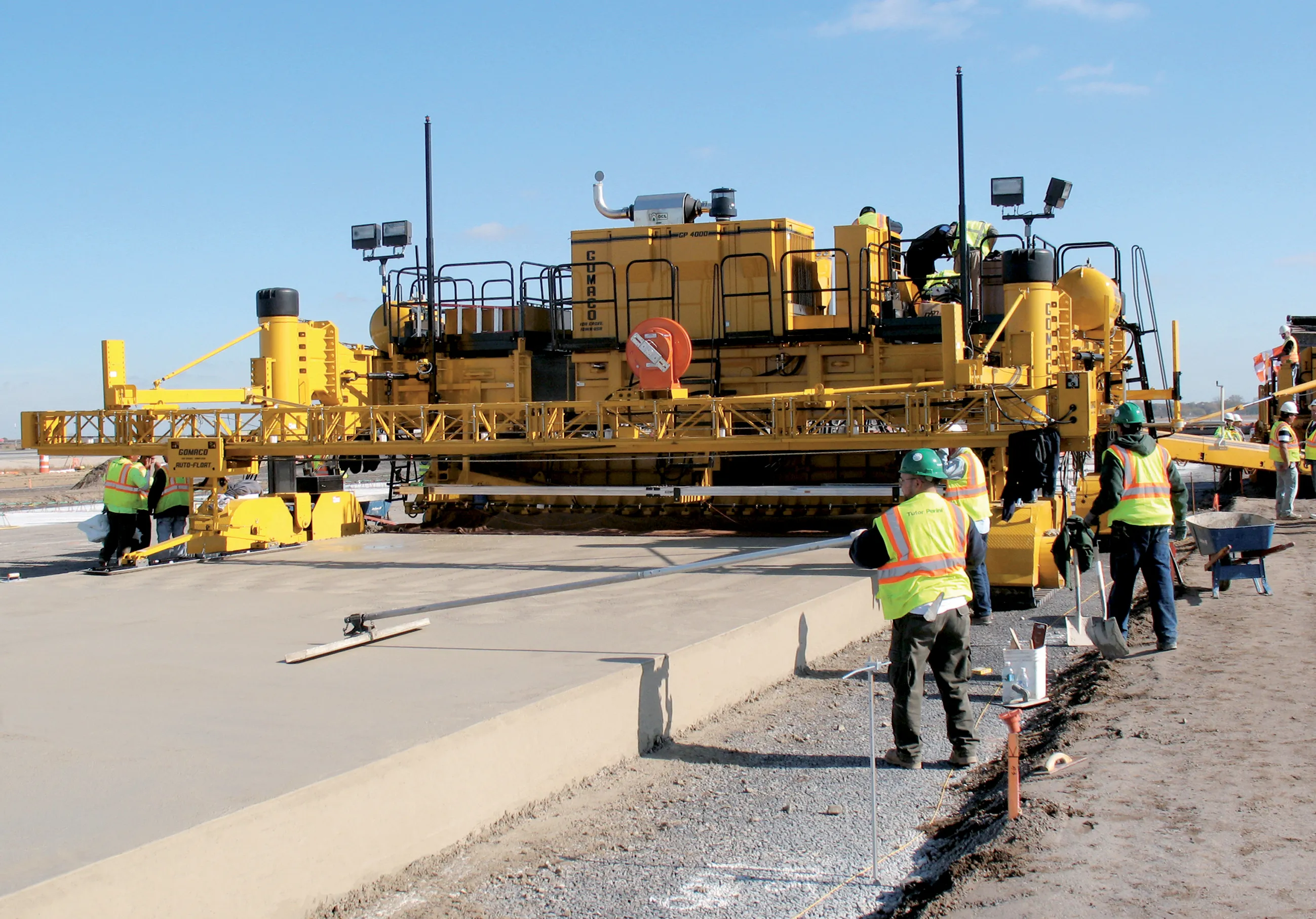The Department of Transport in Rhode Island is about to set up a major noise reduction project on the area’s concrete road surfaces, many of which will be reformed overnight. Work begins now on I-195 in Providence and there will be overnight road closure for most of the Autumn. Nearly one year after the Rhode Island Department of Transportation opened the Iway's final ramp, the Rhode Island Department of Transport (RIDOT) has decided that it needs to reduce the high level of noise that the highway's concret
October 10, 2012
Read time: 3 mins
The Department of Transport in Rhode Island is about to set up a major noise reduction project on the area’s concrete road surfaces, many of which will be reformed overnight. Work begins now on I-195 in Providence and there will be overnight road closure for most of the Autumn.
Nearly one year after the3536 Rhode Island Department of Transportation opened the Iway's final ramp, the Rhode Island Department of Transport (RIDOT) has decided that it needs to reduce the high level of noise that the highway's concrete surfaces are generating.
As part of the review of the new highway and its environmental impact, RIDOT has concluded that the new roads are working well generating less congestion and higher average traffic speeds. The downside has been increased noise levels in the Iway corridor, specifically on the concrete pavements.
The Iway's elevated concrete ramps and bridges have shallow grooves designed to give more grip and traction, as well as better drainage and water run-off. These run perpendicular to the direction of traffic and the authority has decided to machine these surfaces to change the direction of the grooves so they will run in the same direction as traffic and make things quieter.
The Department of Transportation has told local press that the project will cost US $776,000 and that the money has been built into the 2012/13 budget.
RIDOT has also revealed that it has opted for surface machining approach after consulting with a number of other transport authorities around the country that have also been grappling with similar noise concerns from concrete highway pavements. Instead of building expensive sound walls which are not always effective and could obstruct views, RIDOT opted to pursue the machining operation.
In addition to reducing highway noise, RIDOT hopes that the project will result in helping to smoothe the driving surface and improve rideability. The method RIDOT is using is identical to the recent treatment by the6167 Rhode Island Turnpike and Bridge Authority to improve the driving surface on the Pell Bridge in Newport.
Also as part of this project, RIDOT will be machining the surface of the eastbound lanes of the Washington Bridge, which also have a concrete surface.
Nearly one year after the
As part of the review of the new highway and its environmental impact, RIDOT has concluded that the new roads are working well generating less congestion and higher average traffic speeds. The downside has been increased noise levels in the Iway corridor, specifically on the concrete pavements.
The Iway's elevated concrete ramps and bridges have shallow grooves designed to give more grip and traction, as well as better drainage and water run-off. These run perpendicular to the direction of traffic and the authority has decided to machine these surfaces to change the direction of the grooves so they will run in the same direction as traffic and make things quieter.
The Department of Transportation has told local press that the project will cost US $776,000 and that the money has been built into the 2012/13 budget.
RIDOT has also revealed that it has opted for surface machining approach after consulting with a number of other transport authorities around the country that have also been grappling with similar noise concerns from concrete highway pavements. Instead of building expensive sound walls which are not always effective and could obstruct views, RIDOT opted to pursue the machining operation.
In addition to reducing highway noise, RIDOT hopes that the project will result in helping to smoothe the driving surface and improve rideability. The method RIDOT is using is identical to the recent treatment by the
Also as part of this project, RIDOT will be machining the surface of the eastbound lanes of the Washington Bridge, which also have a concrete surface.








